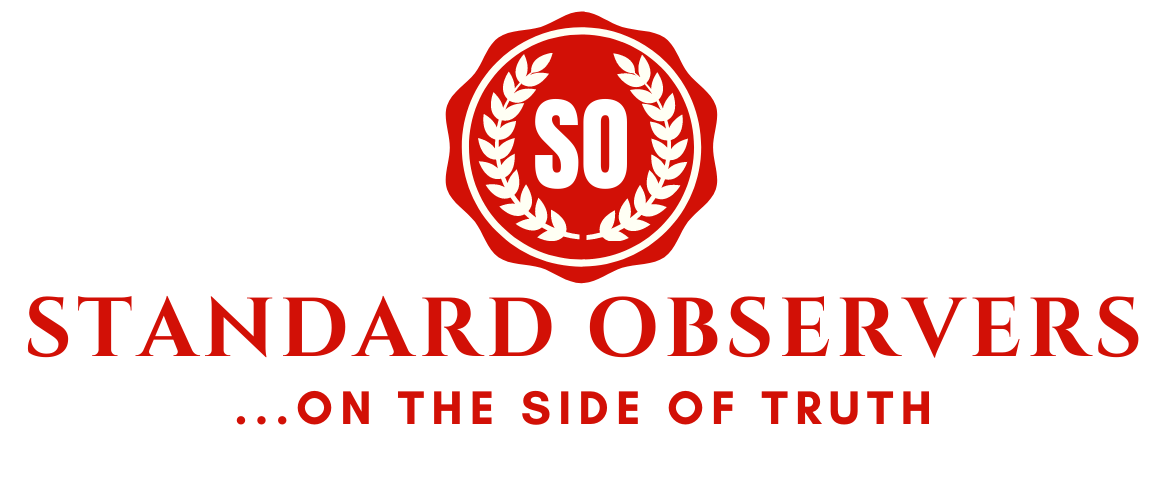The World Health Organisation (WHO) on Wednesday rated the Enugwu State health system high in the handling of the recent epidemic, pandemic and response in the state.
The Country Preparedness and International Health Regulations (IHR) Officer, WHO Nigeria, Dr Ibrahim Mamadu, stated this in Enugwu.
Mamadu spoke at the ongoing Sub-national Health Security Assessment of International Health Regulations (IHR) Core Capacities.
During the four-day assessment workshop sub-themed: “Strengthening Epidemic Preparedness Across Nigeria.’’, Mamadu said the state had done well in recent time in containing Lassa fever, Yellow fever and COVID-19 pandemic.
According to him, there is a need to build on present capacity to ensure adequate preparedness against outbreak of diseases.
“Enugwu State has been up and doing as well as pro-active in recent time on zoonotic diseases, Yellow fever and COVID-19 pandemic.
“However, the state needed to build up its capacity and synergy of workers in health, agriculture and environment to prevent disease outbreak, and that is what this workshop is here to achieve,’’ he said.
Dr Oyaladun Okunromade, Head, IHR and One-Health in Nigeria Centre for Disease Control (NCDC), praised Enugwu State for its forthcoming in always supporting health partnerships and improvement for the betterment of people.
Okunromade, a Deputy Director, said that the health security assessment, being first of its kind in Africa, would enable the state to know its strengths and weaknesses in the health, agriculture and environment sectors as it concerns bio-security.
“After the assessment and presentation of the recommendation, as well as its implementation, the health, agriculture and environment indices in Enugwu State will improve, and there will be better preparedness to check disease outbreaks,’’ she said.
Dr Cosmas Okeke, the State Epidemiology Officer in the Ministry of Agriculture, said that the state has agricultural epidemiology in its 17 council areas.
Okeke said that this had helped to keep incidences of zoonotic (animal) diseases low and response time faster.
He, however, said the major challenge facing his ministry was that of synergy among the health, environmental and agriculture epidemiologists in the state.
Commenting, Dr Chinyere Ezeudu, State Epidemiologist (Health), said the workshop would help the state to achieve One-Health initiative of WHO and NCDC.
Ezeudu said that it would foster better synergy among diseases managers in the health, agriculture and environment ministries.
“The workshop was also designed to score the state in all areas of health, environment and agriculture management and preparedness to respond and, even epidemics and pandemics response in the state,’’ he said.
Contributing, Chief Sam Ngene, Chairman of, Enugwu State House Committee on Health, said the state Assembly would give legislative backing to any area that needed such in order to further strengthen the health sector.
Ngene said that the state assembly was desirous to ensure maximum health delivery for all.
He said that the health assessment would give ideas of areas to legislate on to further improve the health system.
Earlier, Prof. Ikechukwu Obi, state Commissioner for Health, said the workshop would definitely lead to better bio-security in the state, and ensure proper advocacy on areas that needed improvement in the health sector.
According to Obi, the world is currently being harassed by issues of health, and the human race is been troubled by micro-organisms.
“We must take ownership and responsibility for our health as people, and we can only achieve this by ensuring health, food and environment safety for all.
“Every government should come to understand that even as physical security is necessary, there is a need for bio-security and bio-safety for all.
“With the ongoing WHO and NCDC supported assessment on health, the state will come to understand critical areas to improve on and get better prepared to respond to health issues timely, appropriately and decisively,’’ the commissioner said.







